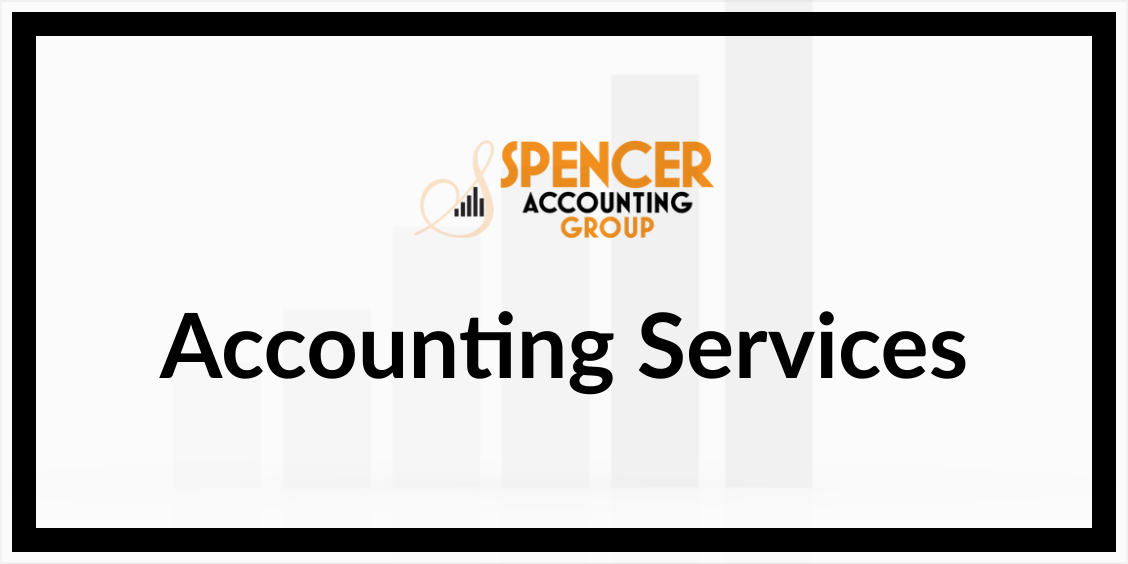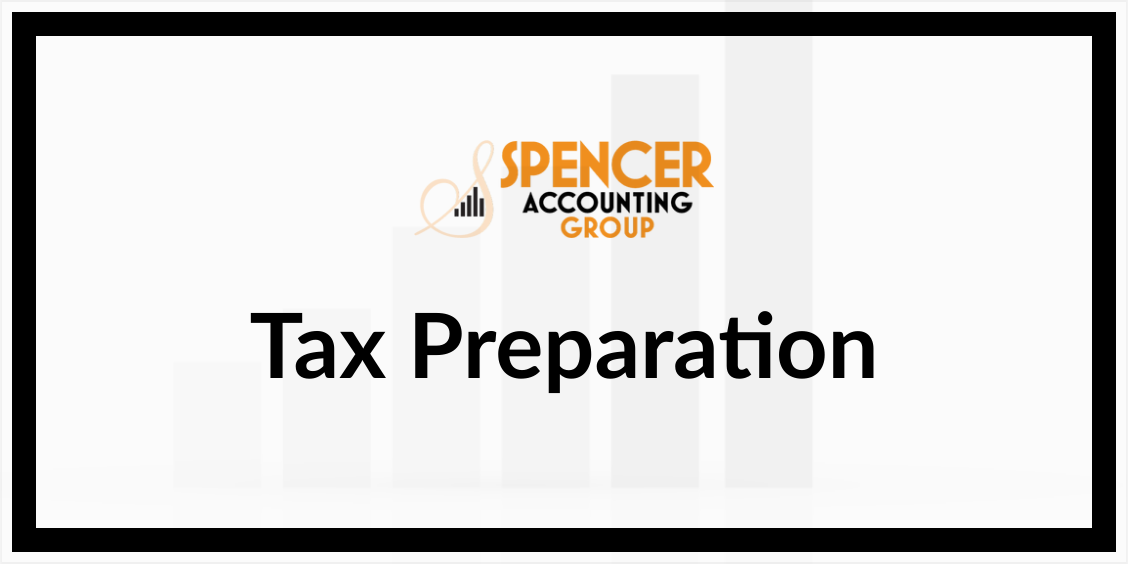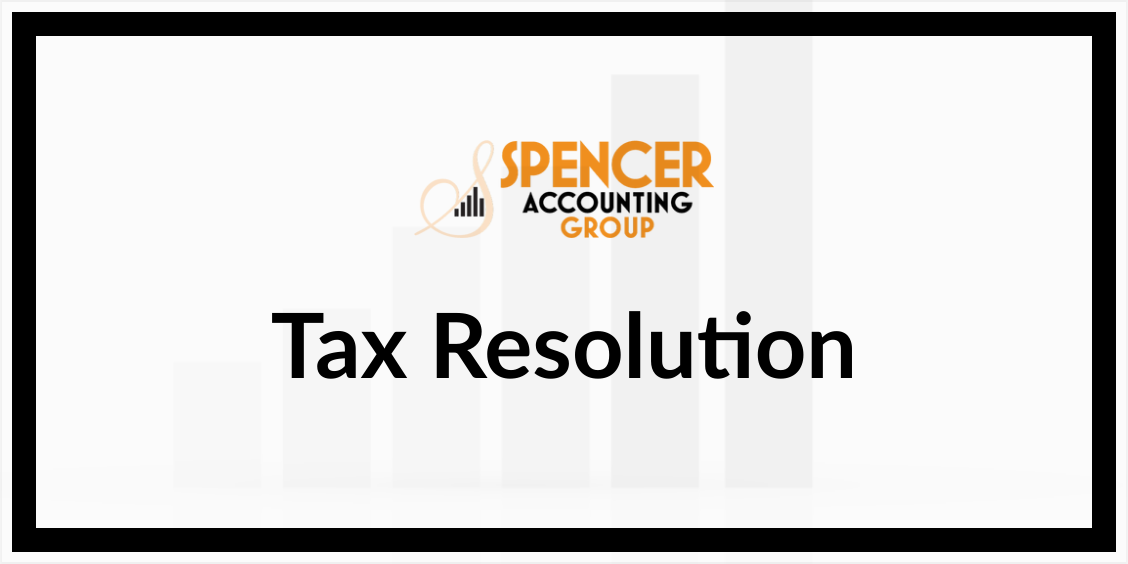|
Farmers may benefit from the special tax codes specific to farming, while enjoying the same tax breaks available to most organizations. Top ten tax benefits for farmers:
While farming is a specialized field that requires a certain level of experience and background we can help you navigate the rules specific to the farming industry. Contact us if you have any questions or want to set up a consultation.
0 Comments
Your comment will be posted after it is approved.
Leave a Reply. |
We're Here to HelpGet advice from our experienced network of financial managers. If you Value our Blog, We have an ask.We spend hours researching data to help you understand your finances and taxes, including historical context, issues, and solutions. Our goal is to empower people to improve their relationship with money. Please consider a $3 donation today. Important Disclosures
Spencer Accounting Group, LLC does not provide investment, tax, legal, or retirement advice or recommendations in these blogs. The information presented here is not specific to any individual's personal circumstances. AuthorKeana Spencer is an Accountant, Entrepreneur, and Educator to her clients, with a strong passion. Keana has over 10 years of experience and through her practice, she is a source of knowledge and strategies to her clients. |


 RSS Feed
RSS Feed




